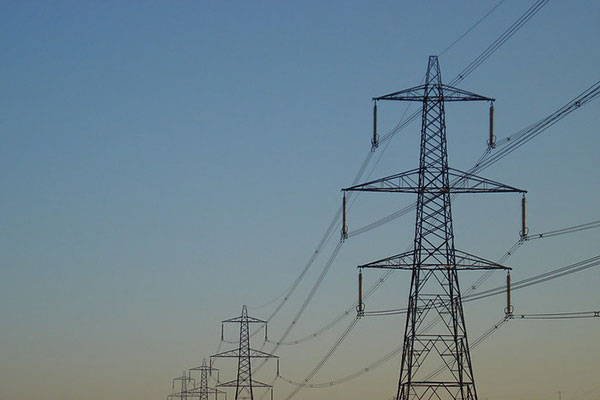We can all agree that human activity is overloading our atmosphere with carbon dioxide and other global warming emissions or greenhouse gasses.
These greenhouse gasses trap heat, steadily driving up the planet’s temperature, and creating significant and harmful impacts on our health, our environment, and our climate.

Children carry jerrycans and other containers on their way to collect water in El Khatmia Village, Gadaref state, Sudan. Photo: UNICEF/Kate Holt
The U.S is among the highest emitters of carbon dioxide and global warming emissions.
Electricity production accounts for more than one-third of U.S global warming emissions.
The majority of these gasses are generated by coal-fired power plants.
These plants produce approximately 25 percent of total U.S global warming emissions; while natural gas-fired power plants produce 6 percent of total emissions.
In contrast, most renewable energy sources such as solar energy produce little to no global warming emissions.
A study by scientists at the U.S. Department of Energy’s Argonne National Laboratory, in a report published in the March issue of Physics Today stipulates that solar energy has the power to reduce greenhouse gases or global warming emissions and provide increased energy efficiency.

A worker installing solar panels in Songxi, China, in 2016. (Feature China/Barcroft Images/Barcroft Media via Getty Images)
Solar resources are widely available and have a benign effect on the environment and climate, making it an appealing alternative energy source.
“Sunlight is not only the most plentiful energy resource on earth, it is also one of the most versatile, converting readily to electricity, fuel and heat,” said George Crabtree, co-arthur, senior scientist and director of Argonne’s Materials Science Division.
“The challenge is to raise its conversion efficiency by factors of five or ten. That requires understanding the fundamental conversion phenomena at the nanoscale. We are just scratching the surface of this rich research field.”
Other research models have also concluded that the production of solar energy in cities is clearly a way to diminish our dependency to fossil fuels, and is a good way to mitigate global warming by lowering the emission of greenhouse gases.
Global warming is already having significant and costly effects on our communities, our health, and our climate. Unless we take immediate action to reduce global warming emissions, these impacts will continue to intensify, grow ever more costly and damaging, and increasingly affect the entire planet – including you, your community, and your family.










Comments